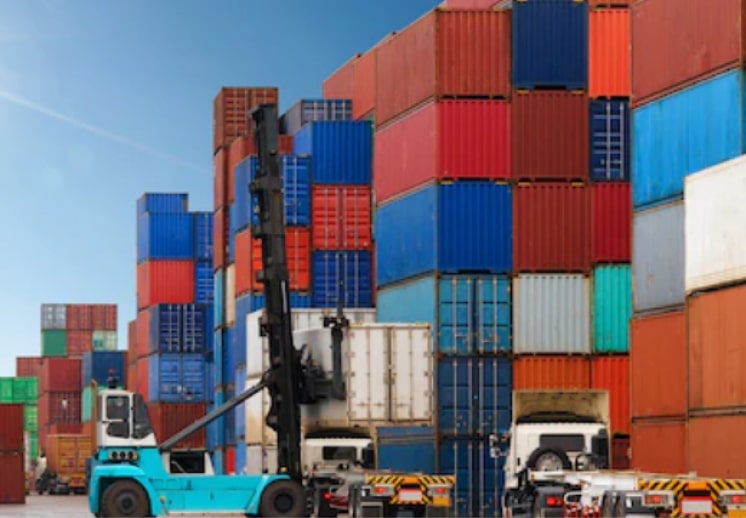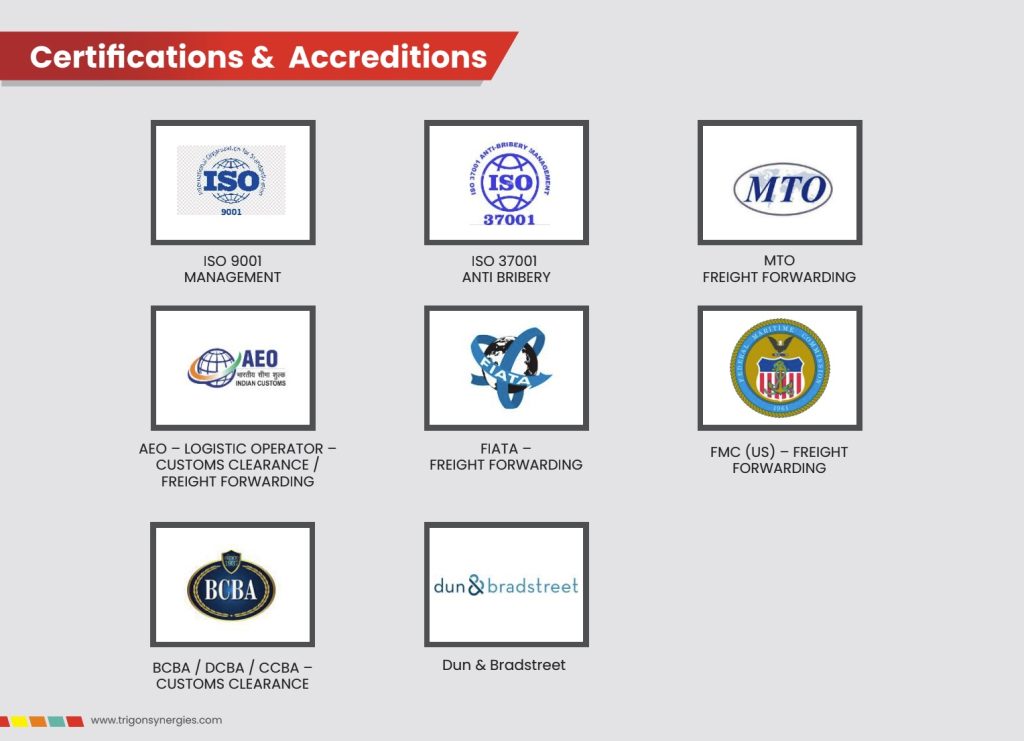Does the high transportation cost of shipping directly from your own currently to the desired country bother you? Would you like to access new markets that may not be available through direct export? Or would you like to increase your profits while at the same time reducing the cost of raw materials, labor, and other expenses?
If the answer is yes, then let us introduce you to Merchanting trade, which is the solution to all these problems!
Merchanting trade is like being a matchmaker for goods. It’s all about connecting products with their ideal buyers.
What is the merchanting trade?
Merchanting trade, also known as intermediary trade or third-party trade, refers to a business practice where a company purchases goods from one country and sells them to another country without any alteration or modification to the product. Essentially, merchanting trade is a form of international trade where the trader acts as a middleman between the buyer and the seller & gains profit without releasing any shipment from their own country.
Why is merchanting trade important ?
Merchanting trade has several advantages for businesses and countries involved in international trade.
Access to Global Markets:
Being able to access new markets is the biggest advantage of merchanting trade. Traders can choose a country with a comparative easy documentation, access and better pricing, from where they can send their shipment to the desired location in another countr
Incentives Involved:
As per the New Foreign Trade Policy 2023, the traders involved in Merchanting trade can now take advantage of subsidies in addition to their profits.
Increased Profitability:
Finally, merchanting trade is often more profitable than other forms of international trade. Because traders are able to take advantage of price differentials, they can earn significant profits on each transaction. Additionally, because they do not have to worry about the costs of production or manufacturing, they can keep their overhead low, which further increases their profitability. Traders can buy goods in a low-cost country and sell them in a high-cost country, maximizing their profits.
Challenges associated with the Merchanting Trade:
Merchanting trade, while offering numerous benefits, can also present certain challenges related to compliance with Foreign Exchange Management Act (FEMA) regulations. FEMA is a set of rules and regulations governing foreign exchange transactions in India, and any violation of these regulations can result in penalties, fines, or even imprisonment.
Challenge #1
Documentation- Merchanting trade involves multiple transactions across different countries, which requires extensive documentation to ensure compliance with FEMA regulations. Traders must maintain accurate records of all transactions, including invoices, shipping documents, and payment receipts, to avoid penalties for non-compliance.
Solution
A little more work is required with Merchanting Trade to ensure a smooth transaction. It is important to be up-to date with the latest documentation and regulations applicable to the transaction.
- Challenge #2
Timely Delivery of Products- Timely delivery of products from one country to another under merchanting trade can be challenging due to logistical issues, customs clearance, and transportation delays. Delayed deliveries can result in financial losses and penalties for non-compliance with FEMA regulations.
Solution
To address this challenge, traders must work closely with reliable logistics providers and shipping companies that can ensure timely delivery of goods. They must also have contingency plans in place in case of any unforeseen delays or disruptions in the supply chain. Additionally, traders can leverage technology to track their shipments in real-time and address any issues proactively.
- Challenge #3
Quality Checks on Products- Merchanting trade involves buying goods from one country and selling them to another without any modification or alteration. As such, it is essential to conduct quality checks on the products to ensure that they meet the required standards and regulations of the importing country.
Solution:
Traders must have a robust quality control process in place, which includes thorough inspection and testing of the products before shipping them to the importing country. This can involve hiring third-party inspection agencies or conducting in-house inspections to ensure that the products meet the required standards.
Final words:
Merchanting trade, while presenting several challenges related to compliance with FEMA regulations, offers numerous benefits for traders involved in international trade. By acting as intermediaries between buyers and sellers in different countries, merchants can leverage their expertise and knowledge to maximize profits and minimize risks.
However, to succeed in merchanting trade, traders must have a deep understanding of the regulations and standards governing foreign exchange transactions, maintain accurate documentation, conduct due diligence on their transactions, and adopt robust AML and taxation policies. With the right approach and mindset, traders can overcome the challenges of merchanting trade and unlock the vast potential that it offers. Overall, merchanting trade is a valuable tool for traders to expand their business and explore new opportunities in the global market.



